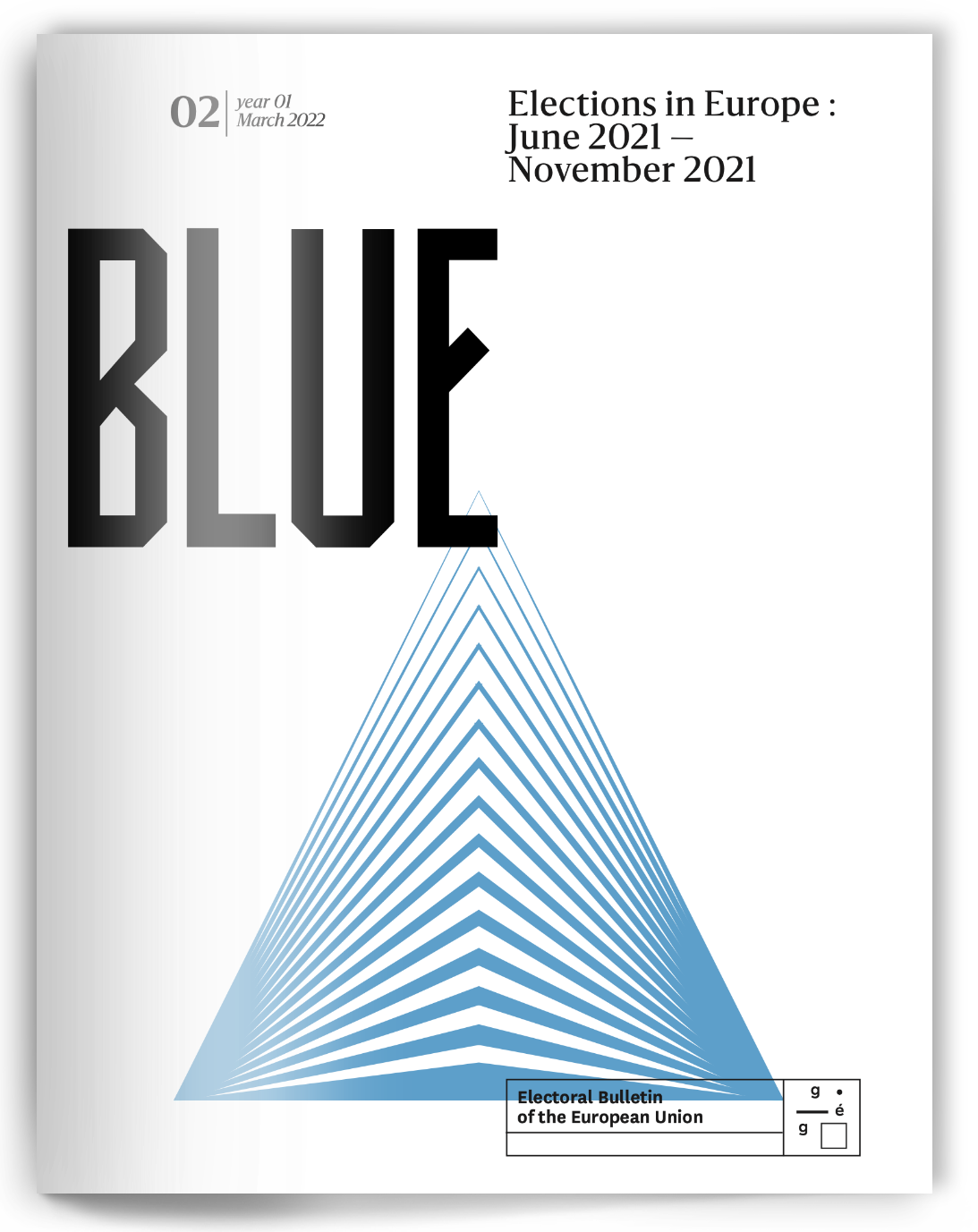How to report about elections in a Europe at war?
François Hublet
Issue
Issue #2Auteurs
François Hublet
21x29,7cm - 167 pages Issue 2, March 2021 24,00€
Elections in Europe : June 2021 – November 2021
Until a few months ago, this question would have seemed to be of mostly historical relevance. Yet, as we write these lines, one European state is waging a war of aggression on another European state. Civilians are paying a high toll in a conflict they wished would never happen, a conflict which started when the legitimacy of Ukraine’s democratically elected government was put into question by one of its neighbors, in manifest disregard of its right to self-determination.
The ongoing crisis reveals the deeply integrated character of the European and global political order at all levels of government. In the age of instant communication and information wars, Europe, and to some extent the world, is already a unified communicational space. Despite linguistic, cultural and ideological cleavages that were once claimed to be unbridgeable, local, regional and national political discussions are dominated by the almost tragic reality of Europe’s common destiny.
While war, rather than the “pursuit of politics by other means,” is the most brutal and unjust form of politics, voting and deliberation are its civilized forms. As we study European electoral dynamics, we are constantly reminded that the means of peaceful cohabitation exist; we learn how this cohabitation can be organized in practice, and where its stakes and fault lines lie; we learn about the instruments of peace and the evolution of present-day societies.
The war in Ukraine also reminds us that “democracy in one country” is, at best, illusory. State authoritarianism, especially its interventionist kind, poses a permanent threat to individual and collective autonomy. The lack of effective supranational checks and balances makes external aggression possible, while a state’s control over its own population drastically restricts citizens’ ability to shape their own destiny. As traditional international organizations seem disarmed, the spectacular emergence of the European Union, a legal and political community of states and citizens, as a global geopolitical player may be a sign of the times.
But let there be no mistake: despite deep interdependence between the different parts of the continent, including Russia, awareness of this interdependence is still largely underdeveloped. Mediating between levels of governement and regions, fostering a shared public space, building bridges between populations and political cultures, defending democracy against authoritarianism is not only possible, but more than ever necessary in the face of international violence, democratic imbalances and their gravest consequence: war. The task is immense, but peace demands that it be addressed.
As war rages in Europe, this is how we, at BLUE, understand the need to report on electoral dynamics. In this issue, you will find an unprecedented coverage of the French regional elections of June 2021, a series of analyses concerning the German “super electoral year” 2021, as well as a dozen other analyses of the main national, regional and local ballots of the past six months. Together, these analyses make for better understanding of the political conflicts that affect the daily life of Europeans, and help us identify the means of their peaceful resolution.
citer l'article
François Hublet, How to report about elections in a Europe at war?, Mar 2022, 3.
à lire dans cette issue
voir toute la revue





